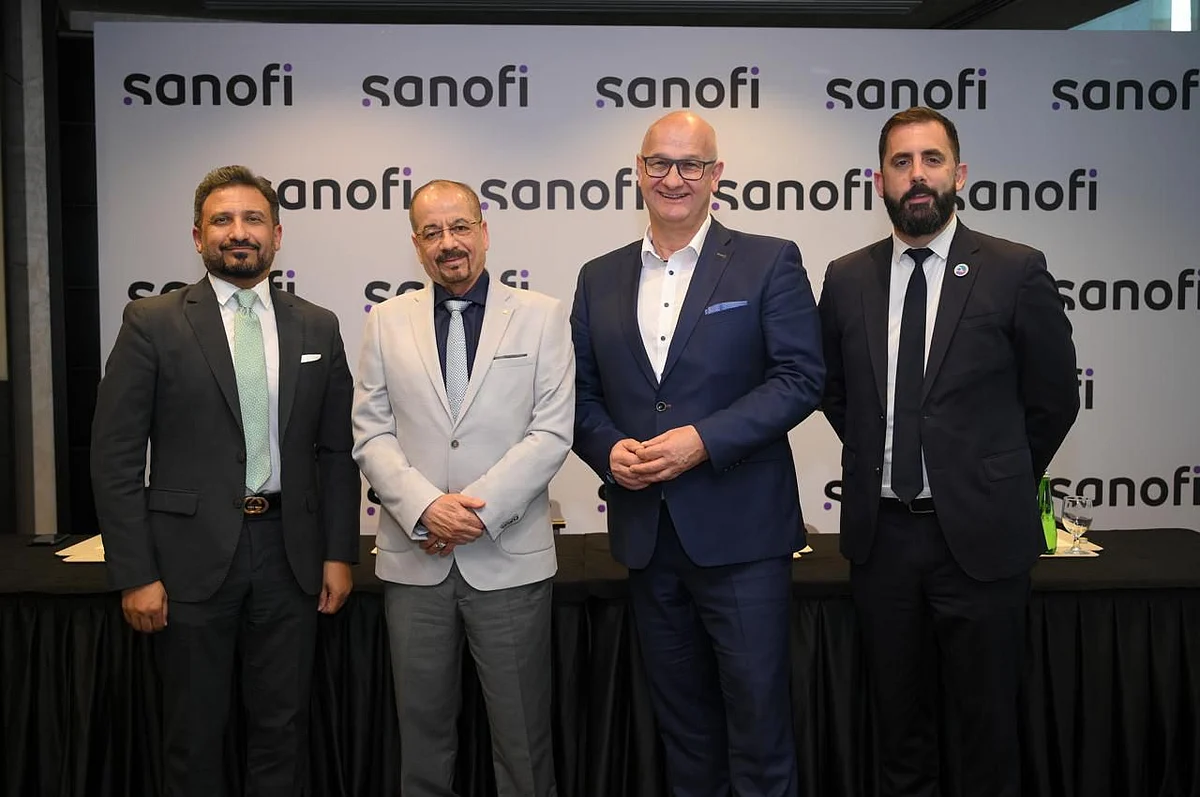
Safer Winter: Protecting Infants From Respiratory Syncytial Virus
As winter is around the corner, hospitals across the UAE are actively preparing for a seasonal rise in cases of respiratory syncytial virus (RSV), especially among children. This expected increase underscores the need for families, communities and healthcare institutions to work together to control the spread of the virus and safeguard the most vulnerable categories, such as infants.
Dr Markus Knuf, Head of the Children's Hospital in Worms, Germany, and Paediatric Infectious Disease Consultant at the University of Mainz, underscores that RSV is one of the major causes of infant hospital admissions across the globe. He noted that Germany has achieved an 80 per cent reduction in RSV-related hospitalisations compared to the previous season by following a combination of public awareness, preventive measures and early interventions. This exceptional decline in cases signifies the power of proactive education in protecting children's health.
Recommended For YouCommenting on the UAE's situation, Dr Walid Abu Hammour, Head of the Infectious Disease Department at Al Jalila Children's Specialty Hospital, explains that RSV spreads easily through droplets and contaminated surfaces. Similarly, Dr Eslam El Baroudy, Professor and Paediatric Consultant at Cairo University and Sheikh Khalifa Medical City, stresses the importance of educating families and schools on implementing consistent preventive practices. Both experts emphasise that the most effective path to protecting children and minimising the risk of complications is through close coordination between households, communities, and healthcare providers.
Meanwhile, Baptiste de Clarens, General Manager for the Greater Gulf, Vaccines at Sanofi, reaffirmed the company's collaboration with the UAE's healthcare authorities and experts to promote preventive practices and raise public awareness. The key goal of these efforts is to ensure every child enjoys a safe and healthy start to the season.
Ultimately, this shared commitment not only protects children from seasonal illness but also alleviates pressure on the healthcare system and nurtures a broader culture of health awareness and collective responsibility across society.

Legal Disclaimer:
MENAFN provides the
information “as is” without warranty of any kind. We do not accept
any responsibility or liability for the accuracy, content, images,
videos, licenses, completeness, legality, or reliability of the information
contained in this article. If you have any complaints or copyright
issues related to this article, kindly contact the provider above.
















Comments
No comment